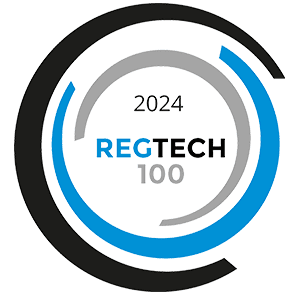With the rapid growth of the crypto currency industry, many questions remain. One primary concern is just how are coins/tokens being issued, distributed and sold and how are federal securities laws being applied to these asset transactions? William Hinman, the SEC’s Director of Division of Corporation Finance recently addressed this in his remarks at the Yahoo Finance All Markets Summit (June 14, 2018).
“Promoters, in order to raise money to develop networks on which digital assets will operate, often sell the tokens or coins rather than sell shares, issue notes or obtain bank financing. But, in many cases, the economic substance is the same as a conventional securities offering. Funds are raised with the expectation that the promoters will build their system and investors can earn a return on the instrument – usually by selling their tokens in the secondary market once the promoters create something of value with the proceeds and the value of the digital enterprise increases.”
Hinman used as an example the Supreme Court’s “investment contact” test cited in SEC V. Howey*. That test requires an investment of money in a common enterprise with an expectation of profit derived from the efforts of others. Just as in the Howey case, tokens and coins are often touted as assets that have a use in their own right, coupled with a promise that the assets will be cultivated in a way that will cause them to grow in value, to be sold later at a profit. Typically, at the outset, the business model and very viability of the application is still uncertain. The purchaser usually has no choice but to rely on the efforts of the promoter to build the network and make the enterprise a success. At that stage, the purchase of a token looks a lot like a bet on the success of the enterprise and not the purchase of something used to exchange for goods or services on the network.
Hinman provided a number of factors to consider in assessing whether a digital asset is offered as an investment contract:
- Is there a person or group that has sponsored or promoted the creation and sale of the digital asset, the efforts of whom play a significant role in the development and maintenance of the asset and its potential increase in value?
- Has this person or group retained a stake or other interest in the digital asset such that it would be motivated to expend efforts to cause an increase in value in the digital asset? Would purchasers reasonably believe such efforts will be undertaken and may result in a return on their investment in the digital asset?
- Has the promoter raised an amount of funds in excess of what may be needed to establish a functional network, and, if so, has it indicated how those funds may be used to support the value of the tokens or to increase the value of the enterprise? Does the promoter continue to expend funds from proceeds or operations to enhance the functionality and/or value of the system within which the tokens operate?
- Are purchasers “investing,” that is seeking a return? In that regard, is the instrument marketed and sold to the general public instead of to potential users of the network for a price that reasonably correlates with the market value of the good or service in the network?
- Does application of the Securities Act protections make sense? Is there a person or entity others are relying on that plays a key role in the profit-making of the enterprise such that disclosure of their activities and plans would be important to investors? Do informational asymmetries exist between the promoters and potential purchasers/investors in the digital asset?
- Do persons or entities other than the promoter exercise governance rights or meaningful influence?
Click here for the full speech.
*SEC v. W.J. Howey Co., 328 U.S. 293 (1946).








